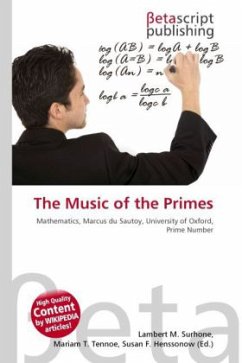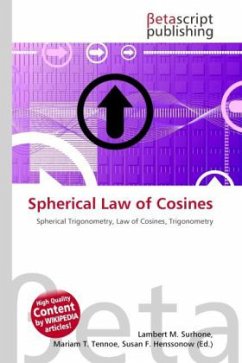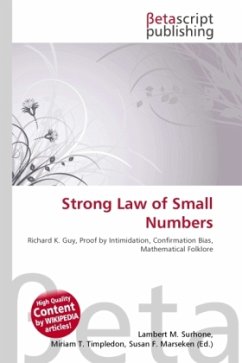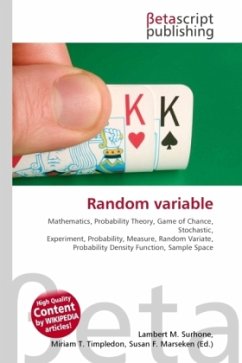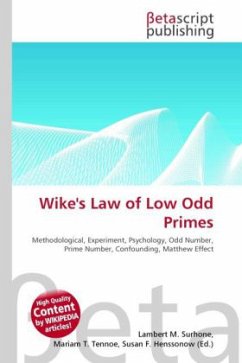
Wike's Law of Low Odd Primes
Versandkostenfrei!
Versandfertig in 6-10 Tagen
26,99 €
inkl. MwSt.

PAYBACK Punkte
13 °P sammeln!
High Quality Content by WIKIPEDIA articles! Wike's law of low odd primes is a methodological principle to help design sound experiments in psychology. It is: "If the number of experimental treatments is a low odd prime number, then the experimental design is unbalanced and partially confounded" (Wike, 1973, pp. 192 193).This law was stated by Edwin Wike in a humorous article in which he also admits that the association of his name with the law is an example of the Matthew effect.The lowest odd prime number is three. Wike illustrates how this yields an unbalanced design with an invented study i...
High Quality Content by WIKIPEDIA articles! Wike's law of low odd primes is a methodological principle to help design sound experiments in psychology. It is: "If the number of experimental treatments is a low odd prime number, then the experimental design is unbalanced and partially confounded" (Wike, 1973, pp. 192 193).This law was stated by Edwin Wike in a humorous article in which he also admits that the association of his name with the law is an example of the Matthew effect.The lowest odd prime number is three. Wike illustrates how this yields an unbalanced design with an invented study in which researchers investigated the effects on sexual satisfaction of water beds. The fictitious researchers randomly assigned couples to three groups: those having sex on a conventional bed, those having sex on a water bed, and those having sex on a water bed having also taken a sea sickness pill. Wike pointed out that any differences in sexual satisfaction among the three groups could be due to the water bed or to the sea sickness pill.



